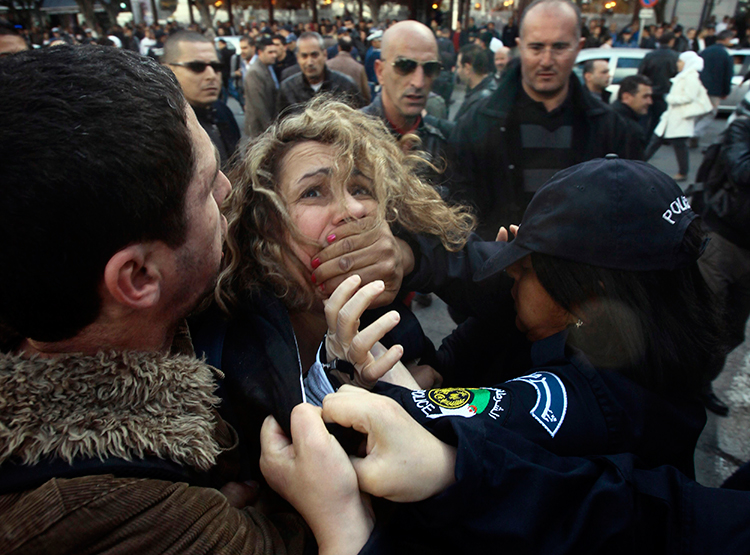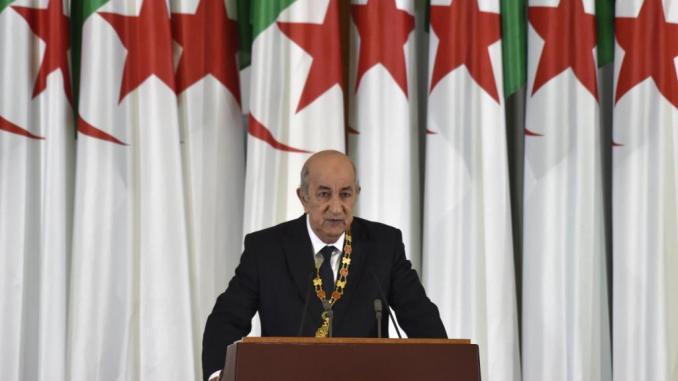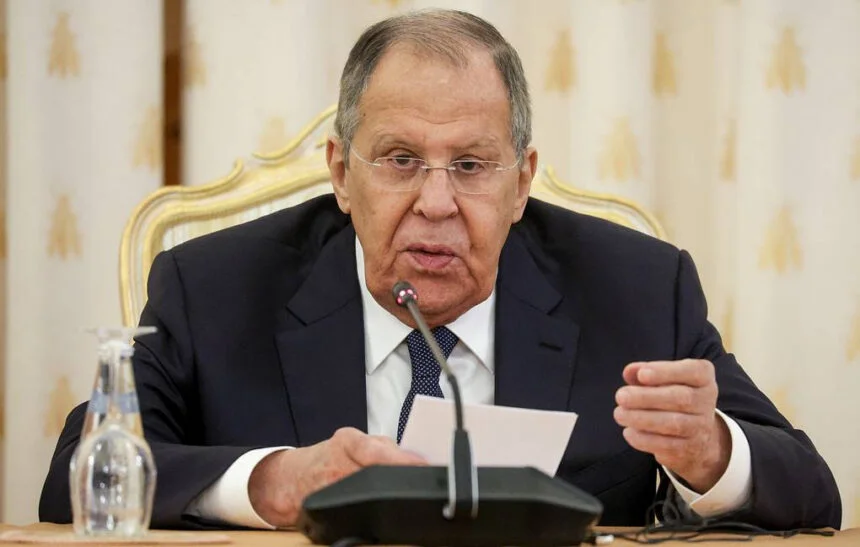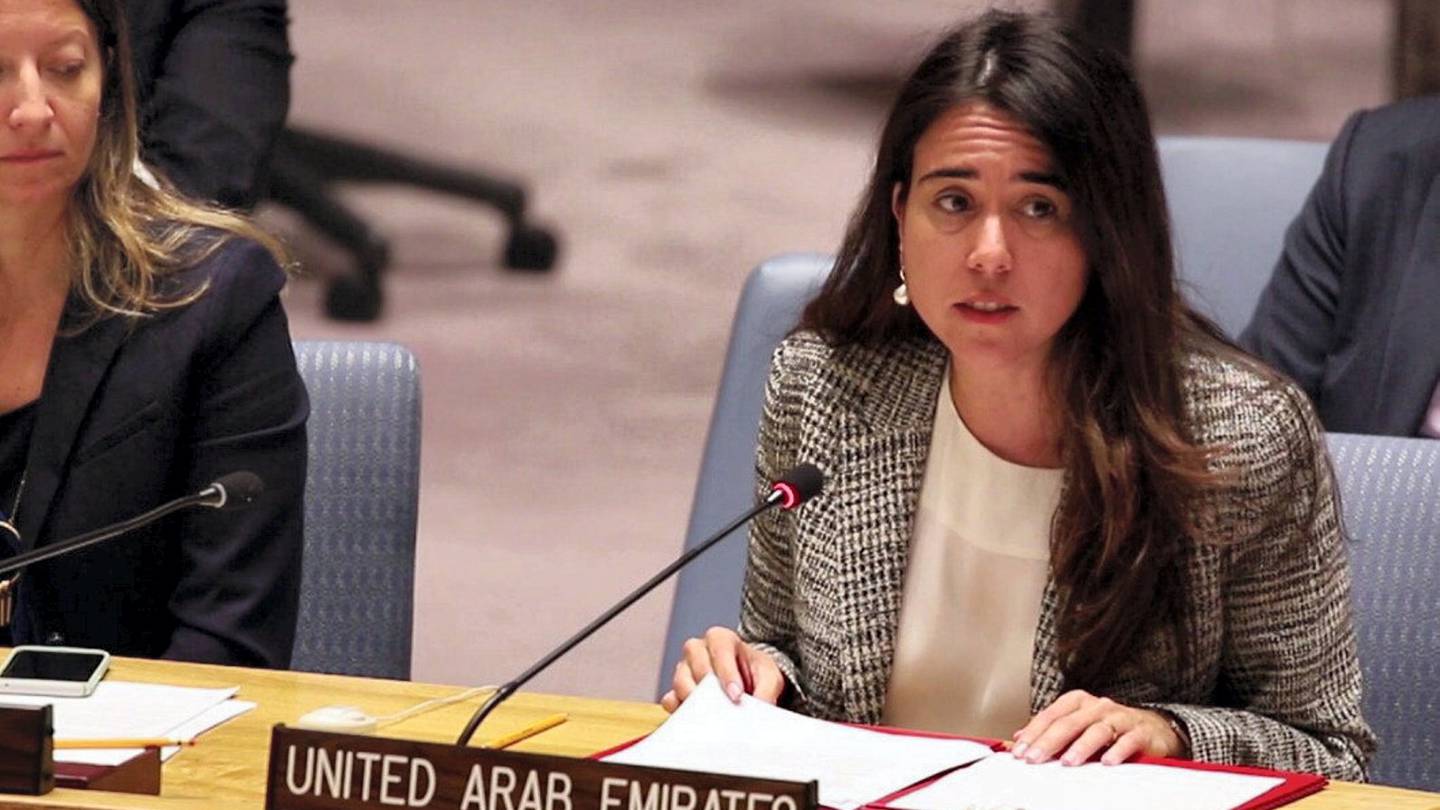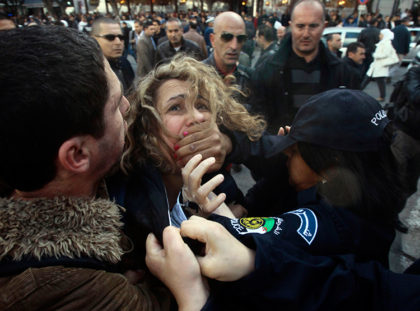 The Committee to Protect Journalists (CPJ) has called on the Algerian government to drop the charges against and to immediately release freelance journalist Said Chitour, currently held in Prison pending trial on allegations of espionage.
The Committee to Protect Journalists (CPJ) has called on the Algerian government to drop the charges against and to immediately release freelance journalist Said Chitour, currently held in Prison pending trial on allegations of espionage.
Police arrested Chitour at Algiers International Airport on June 5 as he returned from Spain, according to media reports and the journalist’s family. After months of detention without charge, on November 12, 2017, the Bir Mourad Rais Court charged Chitour with leaking sensitive government documents to foreign diplomats and sent his file to the criminal court, according to his sister Alia Farhat and to news reports.
Chitour’s family told CPJ, a press freedom advocacy organization, that the journalist denied leaking any documents to foreign officials, and would not have even had access to the kind of documents described in the charges against him.
Chitour works as a freelance journalist, including for international news outlets such as the BBC, France 24, and The Washington Post. His work covered a wide range of topics from politics to social and cultural life. Producers and reporters at the BBC confirmed to CPJ that Chitour had regularly worked with the outlet as a journalist.
Chitour’s prolonged detention sends a chilling message to journalists in Algeria, especially those working with foreign media, says CPJ. The journalist also suffers from several chronic diseases, including diabetes, and his health has deteriorated in prison.
In the absence of any evidence that Said Chitour did anything other than practice journalism, “we urge you to ensure that he is released immediately and that all the charges against him are dropped”, the CPJ said in a letter sent to the Algerian Prime Minister.
Algerian independent media outlets, which criticize government officials and policies, suffer harassment, while publishers, editors, advertisers and journalists face growing pressure.
The Algerian government uses its control over most printing houses and large amounts of public sector advertising to exert undue influence on press outlets and to suffocate the freedom of speech, expression and press.
In its latest report on human rights in the world, US State Department denounced restrictions imposed by Algerian authorities on the freedom of the press, assembly and association.
